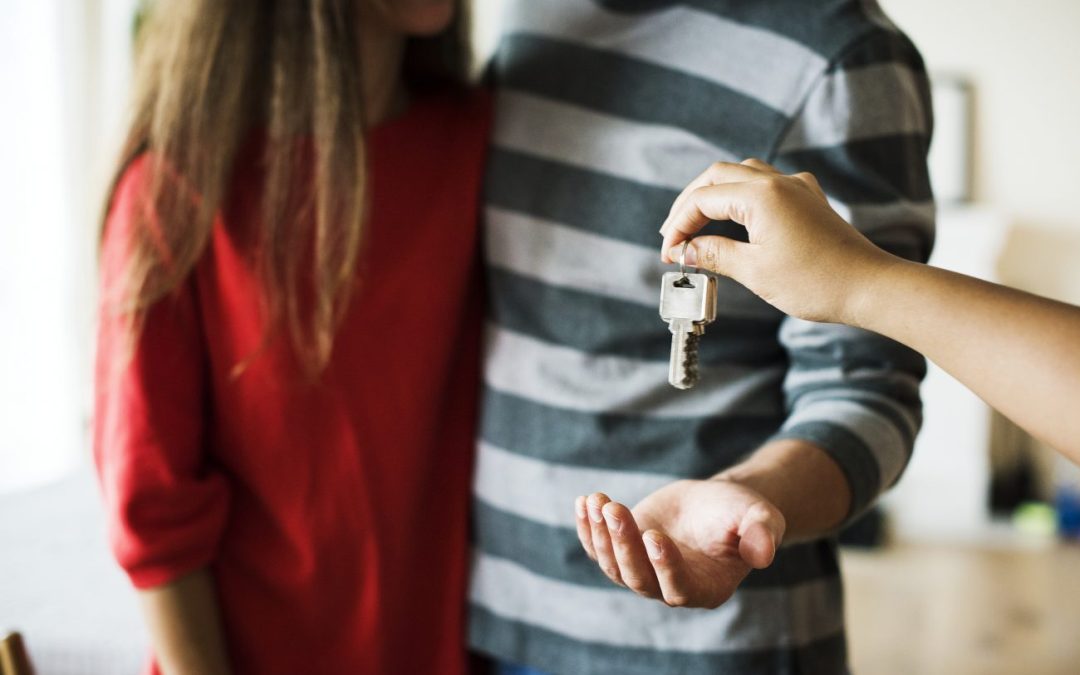
Should I Lock In My Home Loan Rate?
With interest rates at a record low and the threat of rates rising, there’s lots of talk about whether or not you should or shouldn’t lock in your interest rate.
As with every loan, there’s no hard or fast answer – but you may be interested to learn the pros and cons of fixed and variable rates to decide what is best for you.
What is a fixed rate?
A fixed rate loan is exactly that – a fixed rate. Once your rate is locked in, it stays that way for a certain period.
What are the benefits of a fixed rate home loan?
- Rate rises won’t impact you
If you expect interest rates to rise during your fixed rate period, you could save money on future repayments - Set and forget
With a fixed rate you know exactly what your repayments will be for the loan period (usually 1-5 years) - Easier budgeting
Because you know exactly what your repayment will be, budgeting and managing your cash flow is easier, giving you peace of mind.
What are the downsides of a fixed rate home loan?
- The rate you apply for may not be what you get
When approaching a lender for a fixed rate loan, remember that the rate you apply for may not be the rate you get when you settle on the loan. Some lenders will guarantee a certain fixed rate before settlement but a “rate lock fee” may apply. - Less flexibility
Fixed rate loans limit your ability to pay off the loan faster by restricting additional repayments or capping them at a certain amount per year. Significant break fees may also apply if you want to refinance, sell your property or pay off your loan in full before the fixed term has ended. - Fewer features
Many of the desirable features that come with a variable rate home loan aren’t available for fixed rate loan holders. Typically borrowers will not be able to redraw funds over the fixed period or link an offset account to their loan. - Rate cuts won’t impact you
You won’t be impacted by rate rises, but you also won’t benefit from any cuts the lender makes to their home loan rates over the fixed term.
What is a variable rate home loan?
The most common home loan option, variable rate loans allow the lender to change their rates at any time – meaning your repayments may increase or decrease depending on what is happening.
What are the benefits of a variable rate home loan?
- Repayment flexibility
Variable rate loans allow for a wider range of repayment options, including the ability to pay off your loan faster without incurring interest rate break costs. Some variable rate loans also offer features like offset accounts or redraw facilities that work to reduce the loan balance you pay interest on, whilst still allowing you to access surplus funds - Easier to refinance
If you find a better deal elsewhere, it’s easier to switch to a different lender or home loan product as you are unlikely to attract break costs. - If rates fall, you pay less
Lenders will cut rates for a variety of reasons, mainly in response to reduced funding costs. If you’re on a variable rate, you’ll reap the benefits of lower repayments.
What are the downsides of a variable rate home loan?
- If rates rise, you pay more
Just as you pay less if rates fall, you’ll pay more when the rates rise. Lenders can change a variable interest rate at any time, meaning the rate will likely fluctuate over the life of your loan. If your bank raises rates, your repayments will also rise. - Less cash flow predictability
With your repayments able to increase or decrease at any time, it’s harder to budget and predict your cash flow over the long run.
What is a split rate home loan?
Another option is to opt for a split rate loan. This allows you to hedge your bets on interest rates by splitting your home loan rate.
Many lenders offer the option to divide your home loan into multiple accounts, allowing you to take advantage of both fixed and variable rates.
What are the benefits of a split rate home loan?
- Peace of mind
Allocating a percentage of your loan to a fixed rate may give you more peace of mind that when the variable rates fluctuate you can still afford your monthly repayments. - More flexibility
By keeping a proportion of your loan on a variable rate, you have the flexibility to benefit from offset or redraw capabilities on that portion of your loan. You can also take advantage of falling rates when they happen.
What is the best option for me?
A home loan is a long-term commitment – so it’s important to choose the right one for your needs. As your personal circumstances are likely to change throughout the life of your loan, it’s important to revisit the rate you pay at various points to ensure you’re getting a good deal and using your loan features or rate splits effectively.
Not sure what is right for you? That’s why we’re here. Our team will talk you through the different options and find the loan that best suits your unique needs.
Contact us today to find out how we could help.


